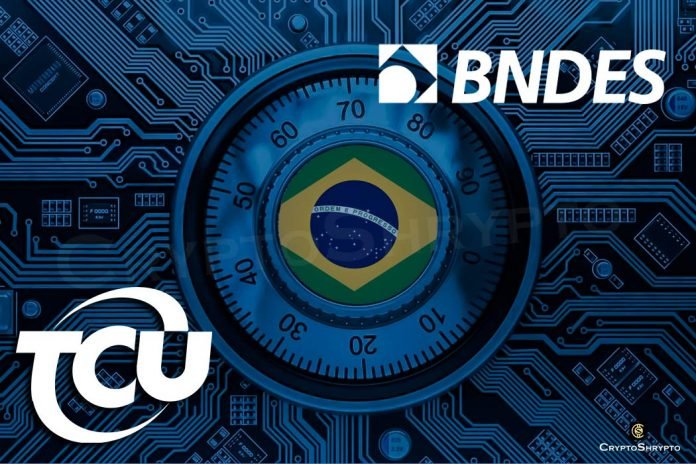On May 30, Brazilian Development Bank (BNDES) joined hands with Tribunal de Contas da União (Uniao Court of Accounts, often referred to as TCU) to launch Brazil’s new government blockchain network to better trace the public expenditure. The launch was broadcast live on the Tribunal de Contas da União (Uniao Court of Accounts, referred to as TCU) official YouTube channel. The purpose of the gathering was to discuss the project’s technical components based on the experiences of numerous attendees (public officials, company executives, and representatives of university institutions). The Brazilian Blockchain Network (RBB) is still in development, but it will be utilised in a number of governmental organisations to improve citizen services and give better transparency on government spending.
This is only part of the Brazilian government’s attempts to integrate blockchain technology into government operations for a more efficient and transparent process. This extends beyond merely regulating cryptocurrency from a financial standpoint, which is also where many politicians in the nation are focused.
For many authorities and legislators, blockchain technology’s incorruptibility is a double-edged sword, since it makes it easier to reveal any form of corruption, embezzlement, or unlawful activity, which TCU wishes to avoid.
According to Ana Arraes, president of Uniam’s TCU, the notion of employing blockchain technology came up in the second part of 2019. She also stated that this subject has been a hot topic in government debates because of the benefits it provides when examining the data given for public expenditure. She remarked:
“The use of Blockchain technology becomes widely discussed because it allows greater protection, transparency and integrity in the storage of information in public databases in order to allow auditability of the data placed.”
As soon as the initiative is established, Joo Alexandre Lopes, manager of BNDES’ Information Technology Area, said they would open their doors so that all “partners may enjoy this shared infrastructure,” to mutually benefit from blockchain technology, and to share such “benefits for the public interest.”
In Latin America, the use of blockchain technology in public institutions has been recommended on multiple occasions, and it has already been implemented in countries such as Peru, Colombia, and Argentina, where citizens may audit government operations.
Colombia announced the establishment of a three-month pilot project using blockchain technology to combat corruption towards the end of 2021. MINTIC, on the other hand, has not released any official information on the project’s development or present state.
Read more:
- Brazilian crypto exchange Nox Bitcoin declares to refund all UST holders 1:1
- Mercado Bitcoin collaborates with Stellar to create Brazil CBDC in 2022




